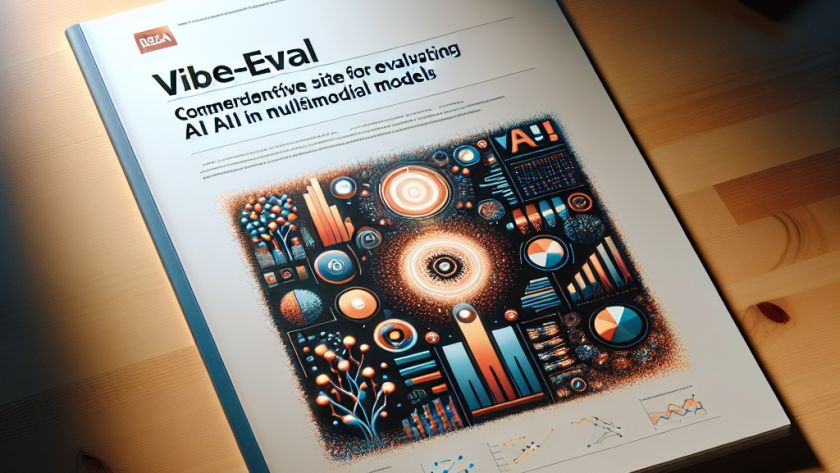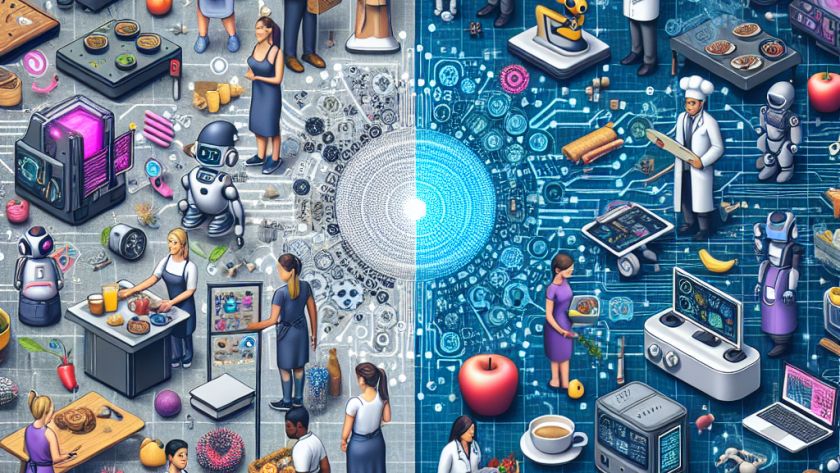The rapid growth of artificial intelligence (AI) technology has led numerous countries and international organizations to develop frameworks that guide the development, application, and governance of AI. These AI governance laws address the challenges AI poses and aim to direct the ethical use of AI in a way that supports human rights and fosters innovation.
One…












